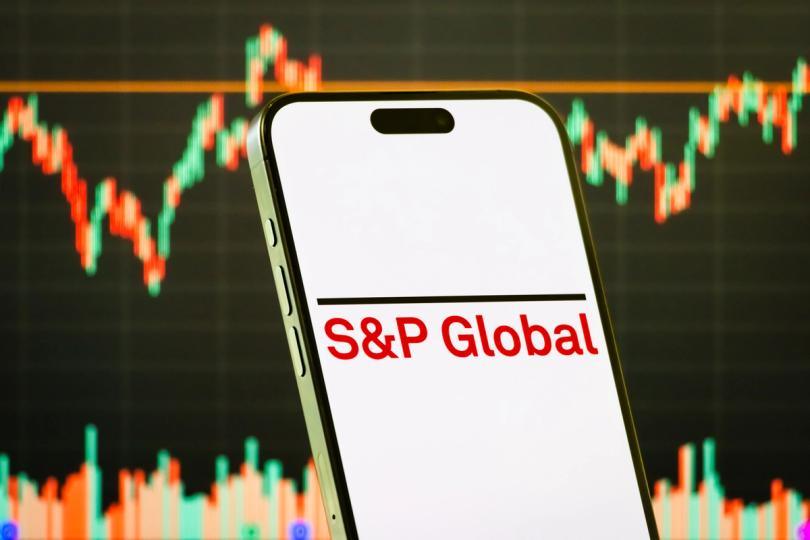Strategy (MSTR) received a B- credit rating from S&P Global on Monday. The rating reflects S&P’s view that the company’s business model – almost entirely focused on holding bitcoin – carries significant financial risk, despite its large market capitalization and strong access to capital markets.
The lowest investment grade rating on S&P’s scale is BBB, which puts Strategy’s B- rating firmly in non-investment grade territory, also known as junk bonds.
According to S&P, a B rating signifies “speculative credit quality with increased default risk.” So a B- would mean a little more speculative and a little more heightened default risk, but not as bad as CCC, which means very low credit quality with high default risk.
The company led by Michael Saylor has evolved from an enterprise software company to what is essentially a publicly traded bitcoin. detention vehicle. The company uses almost all of its excess cash to buy more bitcoin and finances many of its cryptocurrency operations and purchases by issuing convertible debt, preferred stock and equity.
Strategy Executive Chairman Michael Saylor noted that his company has now become the first Bitcoin treasury company to receive a rating from a major credit agency. His thoughts were echoed by others in the industry, including KindlyMD (NAKA) CEO David Bailey, who said “market demand for treasury companies is poised to explode.”
Ratings are often a necessary step for many pension funds and other institutional investors to invest in company securities. Strategy is currently classified as junk, but future upgrades could open the door to many funds.
S&P’s thinking
As of mid-2025, Strategy’s bitcoin holdings were valued at approximately $70 billion, compared to approximately $15 billion in total outstanding convertible debt and preferred stock. But this balance sheet strength is misleading, S&P said, because Strategy has very little real cash and almost no reliable operating profit. The company’s software business is roughly break-even, and from January to June 2025, Strategy reported negative operating cash flow of $37 million.
S&P also flagged what it called a “currency mismatch.” While the company’s assets are almost entirely in bitcoin, its debts and dividend obligations are in US dollars. This means that Strategy could come under pressure to sell Bitcoin – possibly at a loss – if it fails to raise enough new capital in a downturn. S&P warned that if bitcoin prices fall and investor appetite weakens, the company could face a liquidity crisis.
One of the main constraints on the company’s rating is its “negative adjusted total capital.” Under S&P’s methodology, bitcoin is excluded from stock calculations due to its volatility and uncorrelated market risks. This accounting treatment leaves Strategy with a capital deficit on paper, even though it owns billions in digital assets.
Preferred stock dividends are also a potential challenge. The company owes more than $640 million a year in dividends across four classes of preferred stock. While Strategy could defer these payments, doing so would result in governance sanctions, such as granting board seats to preferred shareholders. Two of its preferred classes also earn interest on deferred payments at higher rates. Strategy said it plans to fund dividends through the sale of new shares, not through the sale of bitcoin.
Despite the risks, S&P assigned a stable outlook, citing the company’s past success in managing debt maturities and maintaining access to capital markets. The next major maturity date is not until 2028, which gives the company some breathing room, as long as the price of Bitcoin does not collapse.
S&P said it could downgrade the rating if the company’s access to capital becomes limited or debt repayment risks increase. A revaluation is unlikely in the short term, however, unless Strategy significantly increases its dollar liquidity and reduces its reliance on convertible debt to finance its operations.
In S&P’s eyes, Strategy’s fortunes remain closely tied to bitcoin. As long as this remains the case, so will the risks.
Shares of MSTR rose nearly 3% on Monday, alongside a rise in bitcoin’s price over the weekend to $115,500.




